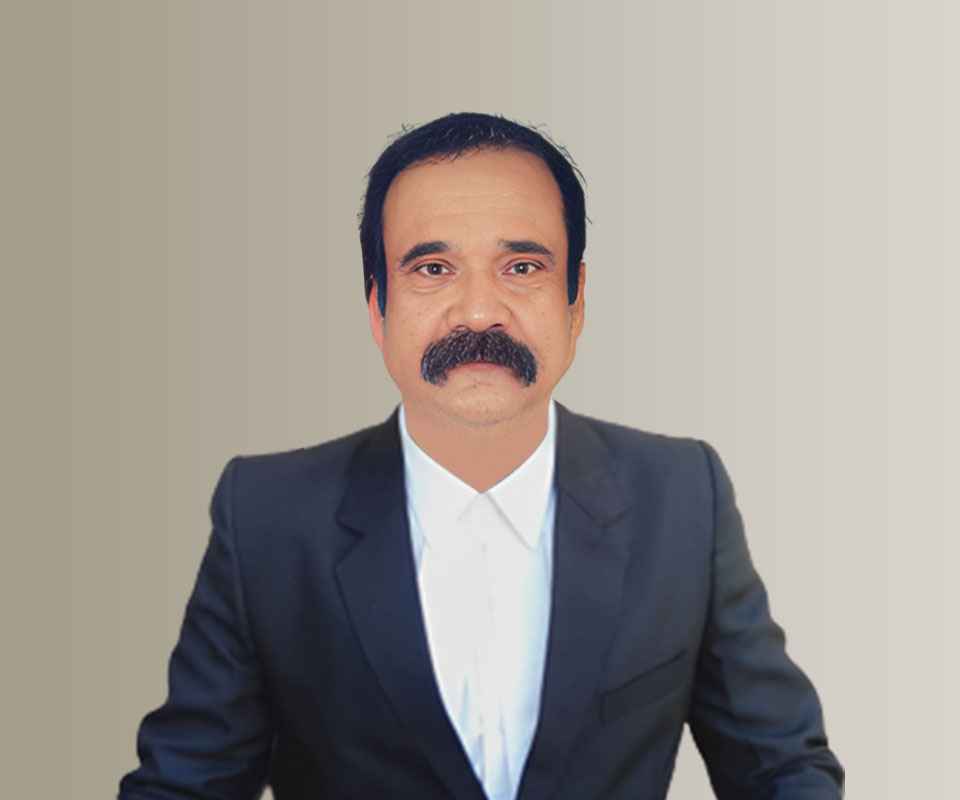Answer By law4u team
In the military justice system, court martial can indeed try cases of sexual harassment involving military personnel. However, the scope of these trials and the procedures for handling such cases differ from civilian courts, as they are governed by military law and regulations. Sexual harassment in the armed forces is taken seriously, and the military has special provisions for addressing these issues.
Can a Court Martial Try Cases of Sexual Harassment?
Jurisdiction of Court Martial:
Military Personnel Only:
Court martial can only try cases involving military personnel or acts that occur within the scope of military service. If a member of the armed forces is accused of sexual harassment, the court martial may have jurisdiction to try the case, depending on the specifics of the incident, such as whether it occurred within a military context or location.
Sexual Harassment under Military Law:
Under military law, sexual harassment is considered a form of misconduct that can undermine good order and discipline within the military. If a military member is accused of harassment, a court martial could be convened to determine guilt and impose any necessary penalties, including punitive discharge, confinement, or other sanctions.
Conditions for Trial in Court Martial:
Type of Offense:
Sexual harassment in the military can encompass a range of behaviors, including unwelcome sexual advances, comments, or any behavior that creates a hostile work environment. Such actions may be classified under military law as sexual assault, conduct unbecoming an officer, or other offenses that are punishable under the Uniform Code of Military Justice (UCMJ) or equivalent military legal codes.
Severity of the Case:
For sexual harassment to be tried in a court martial, the offense must meet the threshold of severity required for a court martial. Cases of sexual harassment may first be investigated at the unit level or by the military police. If the investigation reveals sufficient evidence, the case may be referred to a court martial.
Military vs. Civilian Jurisdiction:
Civilian Cases:
In some cases, if the alleged sexual harassment occurs outside of military jurisdiction (e.g., outside of a military installation or in a civilian setting), the civilian legal system may have jurisdiction over the case. However, if the accused is a military member, the military justice system can still prosecute the case under military law, even if the incident occurred in a civilian context.
Overlap with Civilian Law:
In situations where sexual harassment is also a criminal offense under civilian law (e.g., sexual assault), military courts may have the authority to prosecute the case, though the civilian authorities could also pursue charges under their jurisdiction.
Military Law and Sexual Harassment:
Sexual Harassment Defined in Military Law:
The military defines sexual harassment as unwelcome verbal or physical conduct of a sexual nature that affects the workplace environment. Under military law, if such conduct undermines the morale or discipline of the service members, it can be subject to prosecution through court martial.
UCMJ and Sexual Offenses:
In the United States, for example, the Uniform Code of Military Justice (UCMJ) includes provisions for prosecuting offenses like sexual harassment, assault, and indecent acts. If a case involves allegations of sexual assault or harassment, these offenses can be prosecuted in a general court martial if they meet the required legal thresholds.
Procedures in Court Martial for Sexual Harassment Cases:
Pre-Trial Investigation:
Before a court martial convenes, an investigation will be conducted to gather evidence. If there is sufficient evidence to support the allegations of sexual harassment, the case may proceed to a court martial.
Court Martial Panel or Judge:
Sexual harassment cases may be tried in a general court martial or other appropriate forms of military court, depending on the severity of the allegations and the evidence. The panel (or military judge) will review the case and determine guilt or innocence.
Punishments:
Convictions for sexual harassment in court martial can result in severe penalties, including dishonorable discharge, confinement, and loss of military benefits. The severity of the sentence will depend on the specific charges and the findings of the court martial.
Example:
A female soldier files a complaint against a senior officer for making inappropriate comments and unwanted sexual advances. After an investigation, the case is referred to a general court martial, where the officer is tried for sexual harassment under the Uniform Code of Military Justice (UCMJ). The court martial reviews the evidence and, if convicted, the officer could face penalties ranging from discharge to confinement.
Conclusion:
Yes, a court martial can try cases of sexual harassment in the military, provided the case meets the required criteria under military law. Sexual harassment is treated as a serious offense in the armed forces, and such cases may be tried in a court martial to uphold military discipline and ensure justice for the victims. Military courts have the authority to impose significant penalties, including discharge, confinement, and other legal consequences, depending on the nature of the harassment and the findings of the court.







